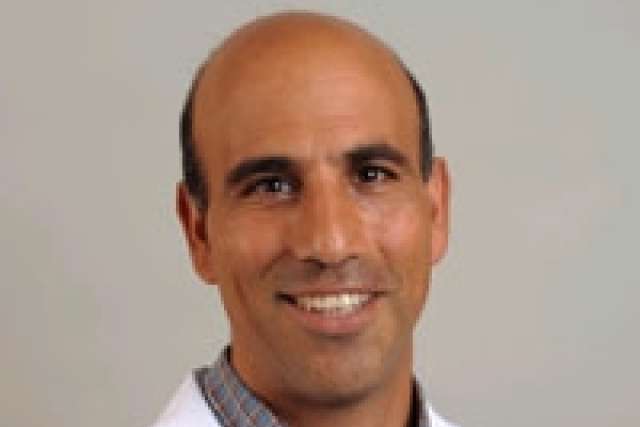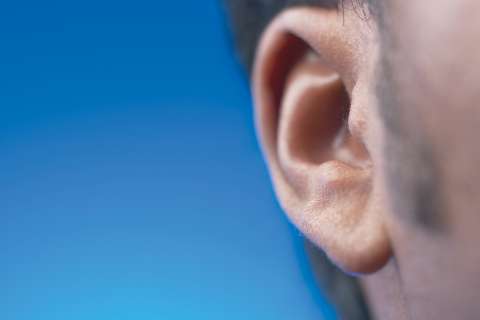Dear Doctor: My daughter’s school recently sent home a flyer about potential exposure to hand-foot-and-mouth disease. How worried should I be?
Hand-foot-and-mouth disease (HFMD) is very common. It occurs most often in infants and children less than 7 years of age and is caused by one of 16 types of enterovirus. Outbreaks are more likely in the late summer and early fall, when children are starting a new year of school or preschool.
Symptoms of the disease begin with mouth or throat pain or the refusal to eat. The most striking symptom of hand-foot-and-mouth disease is the blister-like rash that occurs both within the mouth and on the hands and feet; such blisters can also appear on the legs, arms and buttocks. The lesions are normally not painful and resolve in three or four days. Some species of enterovirus also cause fever, nausea and vomiting. Rarely enteroviruses can lead to dehydration, viral meninigitis or heart inflammation.
I can understand the worry that your school -- and you -- have regarding this infection. As I said before, the incubation period is typically 3-5 days, but one study in an outbreak of day care children showed that children were infectious up to 7 days. And, not to make you overly paranoid, but some enteroviruses can be passed in the stool up to 10 weeks after infection.
I would ask school officials at which date the infected child began having symptoms of HFMD. If the date was more than five days ago, I would be less concerned about your child now developing the disease. However, because the virus can be shed long after disease, I would stress the importance of hand washing. If your daughter does get hand-foot-and-mouth disease, the symptoms likely will not last long and any discomfort can be treated with acetaminophen or ibuprofen. Watch, however, for warning signs of potential complications, such as listlessness, severe headache or neck stiffness. Consult your pediatrician if your child has these symptoms.
Also, if your daughter does become infected, make sure to practice good hygiene at home so the virus does not pass to you or other family members.
Robert Ashley, MD, is an internist and assistant professor of medicine at the University of California, Los Angeles.
Ask the Doctors is a syndicated column first published by UExpress syndicate.




